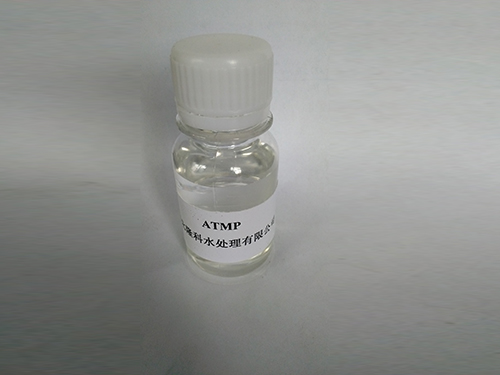Effective Strategies for Scale Inhibition in Water Treatment Processes and System Efficiency Enhancement
Scale Inhibitor Water Treatment An Essential Solution for Industrial Applications
Water is an essential resource in various industrial processes, but it often comes with challenges, particularly the formation of scale. Scale, primarily composed of mineral deposits like calcium carbonate, magnesium hydroxide, and silica, can accumulate within pipes, heat exchangers, and other equipment. This buildup can lead to decreased efficiency, increased operational costs, and potential equipment failure. To combat these issues, scale inhibitors have emerged as a vital solution for water treatment.
Understanding Scale Formation
Scale formation occurs when water, typically hard water rich in dissolved minerals, is heated or evaporated. As the temperature rises, the solubility of these minerals decreases, leading to precipitation and the formation of scale. The presence of scale can significantly impair heat transfer in boilers and heat exchangers, leading to inefficiencies and increased energy consumption. Moreover, scaling can obstruct flow in pipes, reduce system capacity, and ultimately necessitate costly maintenance and repair.
What Are Scale Inhibitors?
Scale inhibitors are chemical compounds that prevent the formation and deposition of scale. They work by altering the physical properties of the minerals in water, making it more difficult for them to crystallize and adhere to surfaces. Common types of scale inhibitors include phosphonates, polymers, and polyacrylic acids. Each of these compounds has unique mechanisms of action, which can include threshold effects, crystal modification, and dispersion.
Benefits of Using Scale Inhibitors
1. Enhanced Efficiency By preventing scale buildup, these inhibitors help maintain optimal heat transfer and flow rates within industrial systems. This leads to better energy efficiency and reduced operational costs.
scale inhibitor water treatment

2. Extended Equipment Lifespan Regular use of scale inhibitors can significantly reduce wear and tear on pipes and machinery. This results in lower maintenance costs and extends the overall lifespan of equipment.
3. Environmental Compliance Many industries are under increasing pressure to comply with environmental regulations. Using scale inhibitors can help minimize the need for aggressive cleaning agents or excessive water treatment, aligning with sustainability goals.
4. Cost-Effectiveness While there is an upfront cost associated with purchasing scale inhibitors, the long-term savings from decreased maintenance, reduced downtime, and enhanced efficiency can offset these initial expenditures.
5. Versatility Scale inhibitors can be applied in a wide range of settings, including cooling towers, boilers, reverse osmosis systems, and process water streams. This versatility makes them an attractive option for various industries such as power generation, manufacturing, and oil and gas.
Choosing the Right Scale Inhibitor
The effectiveness of a scale inhibitor can depend on several factors, including water chemistry, temperature, and the specific type of scale being addressed. It is crucial for facilities to conduct a thorough analysis of their water quality and operational conditions to select the most appropriate scale inhibitor. Consulting with water treatment specialists can provide valuable insights and facilitate the development of a tailored water management program.
Conclusion
In conclusion, scale inhibitors are a critical component of water treatment strategies in industrial applications. By preventing scale formation, these chemicals help enhance operational efficiency, extend equipment life, and promote sustainability. As industries continue to face challenges related to water quality and management, the role of scale inhibitors will become increasingly vital in maintaining productivity and ensuring compliance with environmental standards. Investing in effective scale inhibition technologies is not just an operational necessity but also a strategic move toward a more efficient and sustainable future.
-
Water Treatment with Flocculant Water TreatmentNewsJun.12,2025
-
Polymaleic AnhydrideNewsJun.12,2025
-
Polyaspartic AcidNewsJun.12,2025
-
Enhance Industrial Processes with IsothiazolinonesNewsJun.12,2025
-
Enhance Industrial Processes with PBTCA SolutionsNewsJun.12,2025
-
Dodecyldimethylbenzylammonium Chloride SolutionsNewsJun.12,2025





